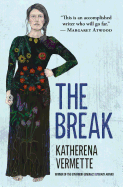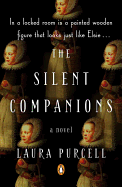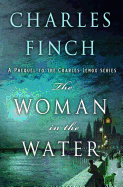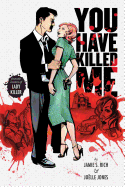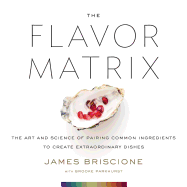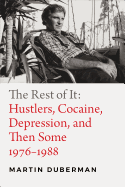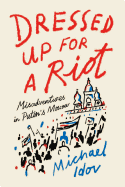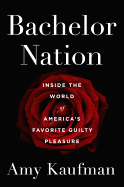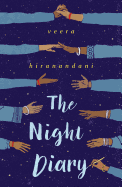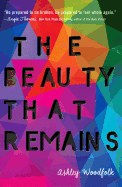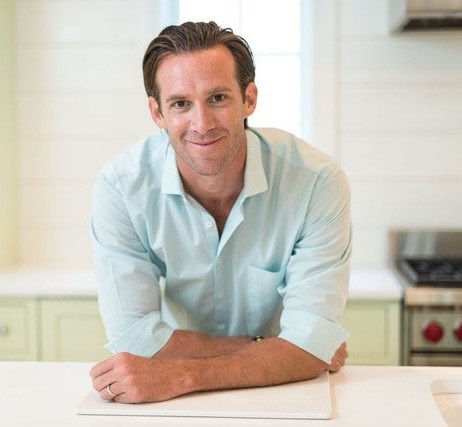 |
| photo: We Create Lift |
James Briscione, director of culinary research at the Institute of Culinary Education, was the first chef to win the Food Network cooking competition Chopped twice. He also served as the lead chef on IBM's computer-meets-cuisine project, Chef Watson. With his wife and co-author, novelist Brooke Parkhurst, Briscione sets out to humanize the science of combining flavors with The Flavor Matrix: The Art and Science of Pairing Common Ingredients to Create Extraordinary Dishes (Houghton Mifflin Harcourt, $30; reviewed below).
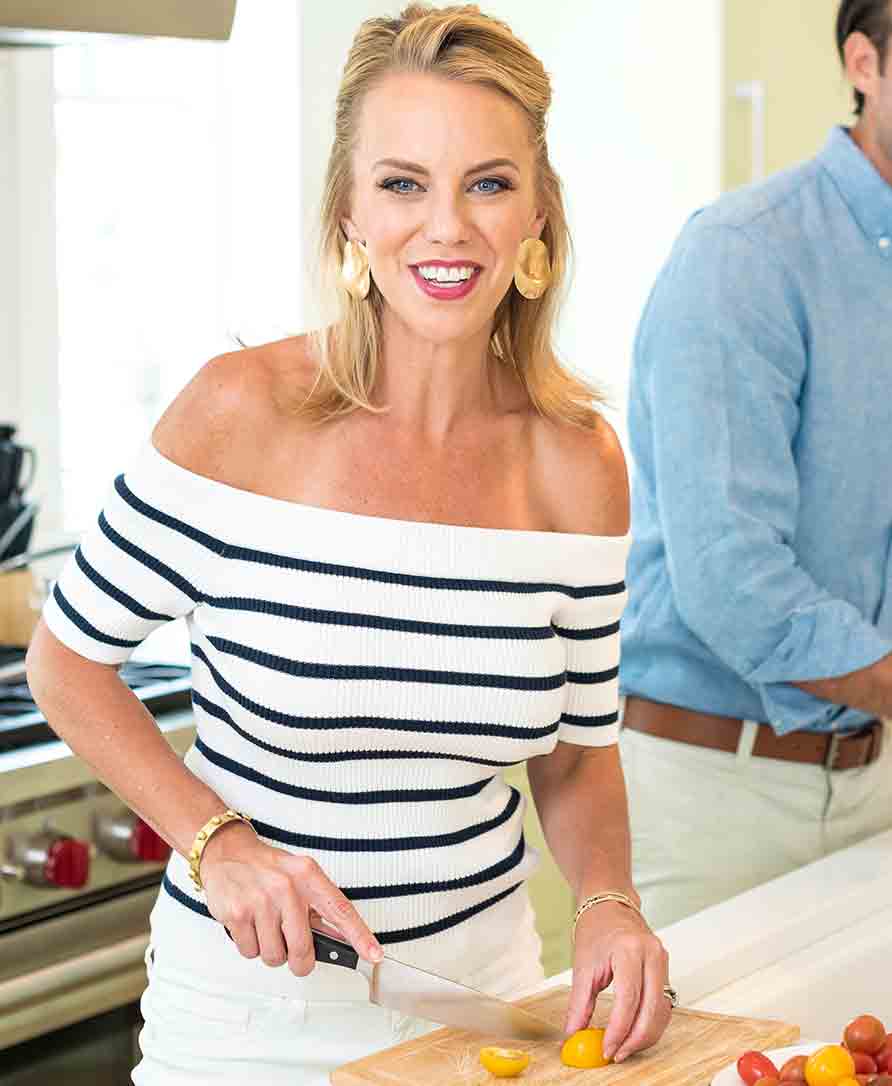 You two collaborate often. How do your individual approaches to cooking and writing enhance each other's work? What is your process when collaborating on a project like The Flavor Matrix?
You two collaborate often. How do your individual approaches to cooking and writing enhance each other's work? What is your process when collaborating on a project like The Flavor Matrix?
Parkhurst: I admit it--I'm slow! I love to precisely schedule out my time when working on cooking and writing projects. And when 5 o'clock dinnertime for the kids hits, I'm done for the day. By contrast, James is a terror in the kitchen and on the computer, and I mean that in the best way. He can plow through concepts and recipes at a break-neck pace, and is content working 14 hours a day. His mind is always in process; his creativity is constantly in play. We're watching Broadchurch on the couch and he's sketching new dishes.
Briscione: I always say that Brooke is the one that keeps us grounded and keeps things moving. She is the practical voice in this book. When I have wild ideas for a recipe, she looks at me and says, "No, honey, no one is ever going to make that at home." She was also the intelligent voice that translated my chef-speak and scientific terms into words that the average home cook could understand.
In your explanation of how aroma and flavor intertwine, you write, "Think about how much the aromas of burgers on a grill tell you about the food's flavor as the scent wafts through the summer air, even if you're on the other side of the baseball field from where the food is being cooked." That's a beautiful line. What aromas from your kitchen at home, or your travels abroad, inspire nostalgia or excitement for you?
Both: One of the first handful of words that both our children said was "olive oil." That tells you a lot! And like many chefs and foodies, one of our favorite culinary destinations is Italy. So you have those classic aromas of baked wheat (pizza dough), garlic, olive oil and roasting meat that tell us we're somewhere really beautiful and that a delicious meal is being cooked for us--or by us.
Which recipes in the Flavor Matrix appear most often on your table?
Briscione: The Bacon Tapenade (designed to be served with melon) is a near fixture in our refrigerator. Weeknight dinners often come from Pan Roasted Pork Tenderloin with Coffee, Soy and Peaches or Cocoa Rubbed Flank Steak with Avocado and Sesame.
James, in your work with "Chef Watson," the IBM computer, did any flavor combinations you discovered surprise you by not actually seeming to work, or not tasting as complementary as expected? Basically, were there any "fails" along the way?
There were some really wild combinations that came out of work with Chef Watson. I often think of our Pork Belly "Moussaka," which combined cottage cheese, sweet peas, bell peppers and dill, among other ingredients.
But we always approached these dishes as the ultimate challenge to our "Chef-hood." We were going to find a way to make these combinations beautiful dishes no matter what. Some dishes went through nearly a dozen iterations before we landed on a successful version. But to your questions, we never let the ingredients get the best of us--there was not a single combination that just didn't work.
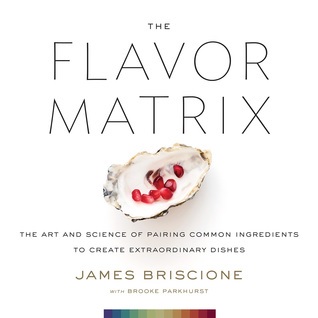 James, you won the cooking competition Chopped twice. Did that play a role in your curiosity in putting together ingredients that don't usually get combined? How do you think "Chef Watson" would fare on the show, if computers could cook?
James, you won the cooking competition Chopped twice. Did that play a role in your curiosity in putting together ingredients that don't usually get combined? How do you think "Chef Watson" would fare on the show, if computers could cook?
It definitely did! Strange ingredient combinations were nothing new to me. So much of this is just about being able to approach the process with an open mind. You have to shed preconceived notions of what's "supposed" to go together and let the ingredients lead you.
I've always said my job is safe because Watson doesn't know how to flip an egg. But I would love to see the type of mystery baskets Chef Watson could create. They would really throw competitors for a loop!
Brooke, as a novelist, how do you approach your writing when you're working on a cookbook versus crafting a character or storyline? Does your process change?
Simply stated, writing a cookbook--even a very focused and research-based one like The Flavor Matrix--is fun. It's light. There is no concern that I might be staring at a blank page for seven hours. As a matter of fact, when I was writing my novel, I would cook during my breaks for a bit of levity. While both require putting pen to paper, drafting a novel and writing a cookbook couldn't be any more different. And for now, while I have little ones running around the apartment, I am very happy continuing with cookbooks and recipe-writing.
What three things are always in your fridge? Anything surprising? (E.g., do you keep an emergency Lean Cuisine in the freezer?)
Parkhurst: Eggs (a meal in itself, anytime--especially for our kids), Olive & Cherry Jam (for a cheese & charcuterie plate emergency!) and some sous vide piece of "mystery meat" that James is experimenting with.
For a dinner party using entirely dishes from The Flavor Matrix, what might you suggest for a menu?
Hors d'oeuvre: Fried Eggplant with Muhamara
App: Crab, Mango, Dill and Poblano Salad
Entrée: Sweet Pea, Pork and Coconut Tacos with Roasted Root Vegetables and Ginger Salsa Verde
Dessert: Lemon Curd with Crunchy Olives served over yogurt with toasted almonds and crumbled shortbread cookies.
What other chefs inspire you? What else are you reading right now?
Briscione: The two books next to my nightstand right now are Wylie Dufresne's wd-50 and Ingredient by Ali Bouzari. I love both of them. I think their approach to cooking and creating is so smart and thoughtful. I am learning so much from both of their books.
On the other side of the coin, Brooke and I are opening a restaurant in Pensacola, Fla., this fall. It will be an Italian restaurant called Angelena's. So I am thinking a lot about the time I spent working for Frank Stitt, who was an incredible champion of local producers, long before it was the fashionable thing to do. Frank found a way to take the native ingredients of Alabama and elevate them with French sensibilities at his flagship Highlands Bar & Grill. It's something I hope that we are able to do with Italian cuisine on the Gulf Coast. --Katie Weed
When Your Kids' First Words Are 'Olive Oil'
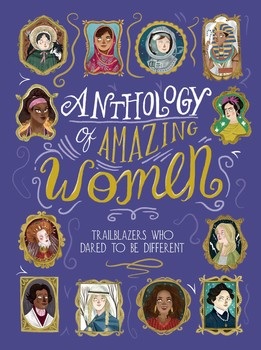 Sandra Lawrence's Anthology of Amazing Women (Little Bee Books, $17.99) introduces younger readers to notable women, ranging from Egypt's longest-reigning female pharaoh, Hatshepsut (born 1507 BCE), to contemporary singer Beyonce and girls' education advocate (and Nobel Laureate) Malala Yousafzai. Similarly broad ranging and a good choice for teens and/or comics fans is Brazen (First Second, $17.99), written and illustrated by Penelope Bagieu, with vignettes covering subjects from Angolan queen Nzinga to astronaut Mae Jemison.
Sandra Lawrence's Anthology of Amazing Women (Little Bee Books, $17.99) introduces younger readers to notable women, ranging from Egypt's longest-reigning female pharaoh, Hatshepsut (born 1507 BCE), to contemporary singer Beyonce and girls' education advocate (and Nobel Laureate) Malala Yousafzai. Similarly broad ranging and a good choice for teens and/or comics fans is Brazen (First Second, $17.99), written and illustrated by Penelope Bagieu, with vignettes covering subjects from Angolan queen Nzinga to astronaut Mae Jemison. 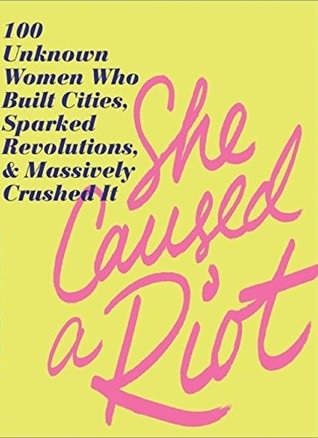 Covering some racier subjects with saltier language, Hannah Jewell collects "100 unknown women who built cities, sparked revolutions and massively crushed it" in her collection She Caused a Riot (Sourcebooks, $22.99). Jewell encourages us to devote more of our mental real estate to amazing women who "should be so well-known that their names would make terrible passwords." Though Jewell includes women from ancient history to the present, she captures them in the zeitgeist using pop-culture and slang-heavy storytelling (she includes a glossary, "for old people.")
Covering some racier subjects with saltier language, Hannah Jewell collects "100 unknown women who built cities, sparked revolutions and massively crushed it" in her collection She Caused a Riot (Sourcebooks, $22.99). Jewell encourages us to devote more of our mental real estate to amazing women who "should be so well-known that their names would make terrible passwords." Though Jewell includes women from ancient history to the present, she captures them in the zeitgeist using pop-culture and slang-heavy storytelling (she includes a glossary, "for old people.")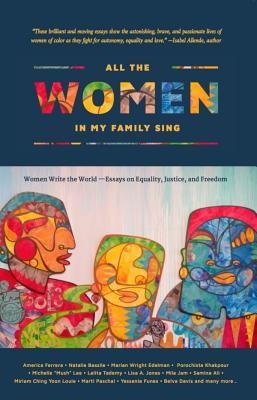 All the Women in My Family Sing (Nothing But the Truth, $16.95) steps back from history books to look instead at the varieties of women's experiences seen through their own personal stories. The collection of short pieces gives intimate voice to women of color as they consider citizenship, race, motherhood, the workplace, aging and more.
All the Women in My Family Sing (Nothing But the Truth, $16.95) steps back from history books to look instead at the varieties of women's experiences seen through their own personal stories. The collection of short pieces gives intimate voice to women of color as they consider citizenship, race, motherhood, the workplace, aging and more.



 You two collaborate often. How do your individual approaches to cooking and writing enhance each other's work? What is your process when collaborating on a project like The Flavor Matrix?
You two collaborate often. How do your individual approaches to cooking and writing enhance each other's work? What is your process when collaborating on a project like The Flavor Matrix? James, you won the cooking competition Chopped twice. Did that play a role in your curiosity in putting together ingredients that don't usually get combined? How do you think "Chef Watson" would fare on the show, if computers could cook?
James, you won the cooking competition Chopped twice. Did that play a role in your curiosity in putting together ingredients that don't usually get combined? How do you think "Chef Watson" would fare on the show, if computers could cook?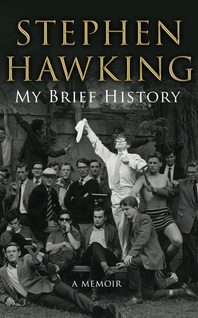 Star astrophysicist Stephen Hawking died on Wednesday at age 76. His age alone was a stellar feat--he was diagnosed with amyotrophic lateral sclerosis (ALS) as a 21-year-old Cambridge University student and given two years to live. Though the disease confined Hawking to a wheelchair, his formidable mind was left intact, and his text-to-speech communication system helped propel Hawking to an iconic perch in pop culture. In addition to his groundbreaking work on black holes, among other major contributions to his field, Hawking was a bestselling author of popular science books.
Star astrophysicist Stephen Hawking died on Wednesday at age 76. His age alone was a stellar feat--he was diagnosed with amyotrophic lateral sclerosis (ALS) as a 21-year-old Cambridge University student and given two years to live. Though the disease confined Hawking to a wheelchair, his formidable mind was left intact, and his text-to-speech communication system helped propel Hawking to an iconic perch in pop culture. In addition to his groundbreaking work on black holes, among other major contributions to his field, Hawking was a bestselling author of popular science books.